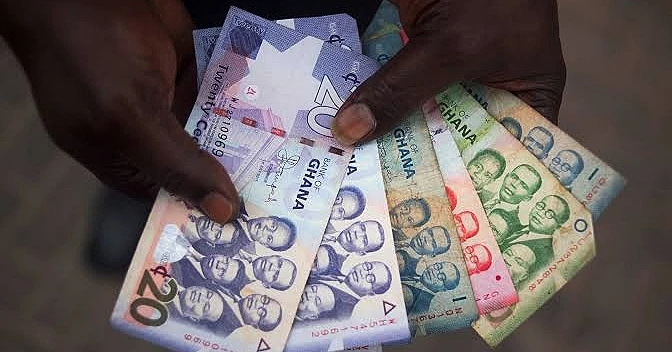Debt exchange deal to boost the cedi
Analysts predict stability in the cedi with the expected participation of local banks in the debt exchange programme, an IMF deal and disbursement of the first tranche of US$3 billion by the end of quarter one.
- Advertisement -
Ghana’s debt exchange programme, agreed upon by the government and key bondholders, the Ghana Association of Bankers and Ghana Insurers Association, is being seen as a boost for the economy and the cedi, the local currency.
Despite a depreciation of 12.7% year-to-date, the cedi was trading at GH¢12.34 as of January 27th, 2023, down from GH¢12.9 at the end of the previous week.
Analysts predict stability in the cedi with the expected participation of local banks in the debt exchange programme, an IMF deal and disbursement of the first tranche of US$3 billion by the end of quarter one.
The Bank of Ghana has also implemented measures to minimize first-quarter pressure on the cedi and is working with multinationals to retain profits in the country.
The cedi is expected to be further bolstered by the gold-for-oil policy, which aims to save US$3 billion in foreign exchange yearly.
The Bank of Ghana has suspended the Bulk Oil Distribution Companies’ FX auction to support the local currency.
- Advertisement -
- Advertisement -


